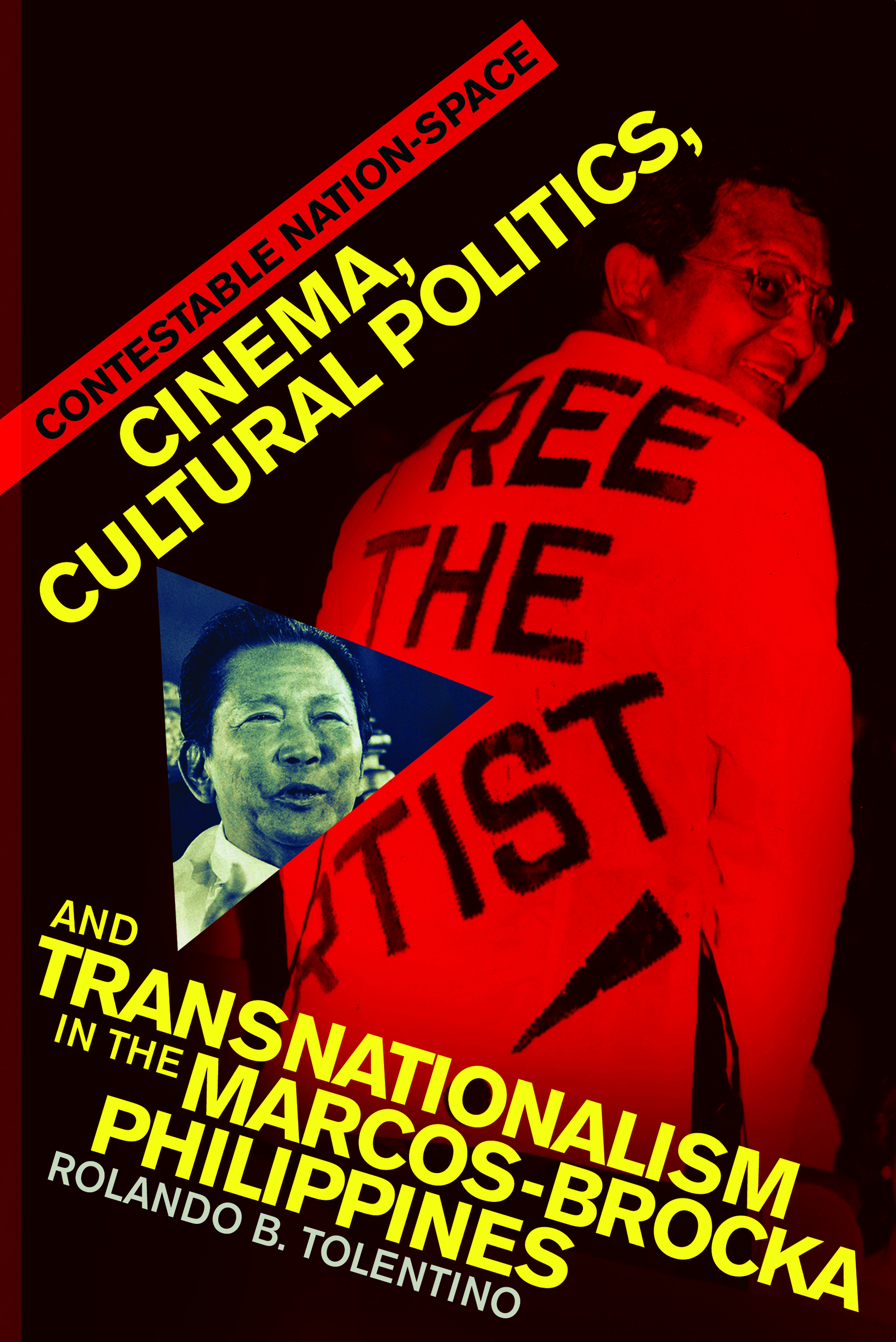
Contestable Nation-Space Cinema, Cultural Politics, and Transnationalism in the Marcos-Brocka Philippines
Using the body of works of Filipino filmmaker Lino Brocka, the book examines the relations between cinema, cultural politics, and transnationalism in the Philippines. It analyzes issues of national and Third World cinemas, as problematized in Philippine cinema. Using the tropes of the city, family, body, and sexuality, the book explores the junctures in which the nation is contested. The focus of the study is on Marcos’s nation building, and how his efforts to modernize the nation continue to reverberate in subsequent national administrations. The study is important because Brocka’s filmic engagement and critique of the Marcos politics provide the condition of possibility that allows for the dictatorship to cohere and fragment, and for 1970s and 1980s Philippine cinema to be an important receptacle and symptom of negotiations with the dictatorship, the latter allowing for the foregrounding of subversions to the state and its order. A cultural analysis of the contestation for the imagery of nation, the “nation-space,” foregrounds an impasse to the contemporary cultural turn, where culture can be integral toward the assertion of freedom in the worsening weight of intensifying neoliberalism in the historic and everyday struggle.
About the Author
Rolando B. Tolentino is Dean of the University of the Philippines College of Mass Communication and faculty of the UP Film Institute. He has taught at the Osaka University and National University of Singapore, has been Distinguished Visitor of the UC-Berkeley and UCLA Southeast Asian Studies Consortium, and was recipient of the Obermann Summer Research Fellowship. He is author of National/Transnational: Subject Formation and Media in and on the Philippines (2001), and editor of “Vaginal Economy: Cinema and Sexuality in the Post-Marcos Post-Brocka Philippines” (positions, 2011), and Geopolitics of the Visible: Essays on Philippine Film Cultures (2002). He is a member of the Manunuri ng Pelikulang Pilipino (Filipino Film Critics Group) and Congress of Teachers and Educators for Nationalism and Democracy (CONTEND-UP).
